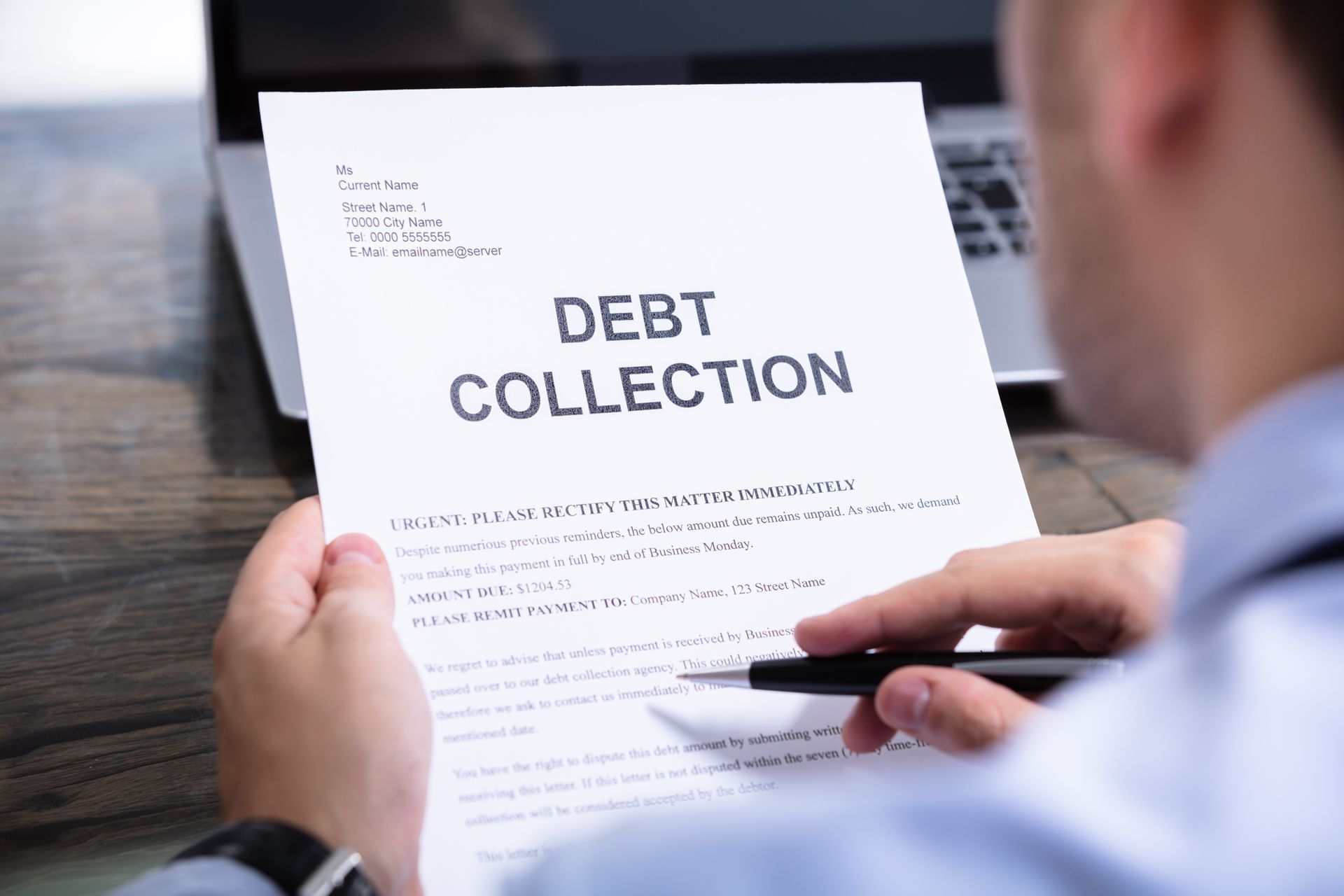Consumer protection agencies are governmental, state and non-governmental organizations that aid consumers who have fallen victim to financial scams, discrimination or unsafe products. They investigate consumer complaints, sue businesses that break the law and educate consumers and businesses on their rights and responsibilities. Moreover, governmental agencies have the power to develop rules that protect consumers from fraud.
Governmental Consumer Protection Agencies
There are several federal and state consumer protection agencies that protect people’s financial safety, personal information, rights, health and more. Many of these organizations focus their efforts on specific sectors or certain types of consumer products.
Consumer Financial Protection Bureau (CFPB)
CFPB is responsible for protecting consumers from making bad or uninformed financial decisions by making credit products and services, like credit cards and loans, safe and easy to understand. For example, if you’re looking to purchase a home and need to take out a mortgage loan, the financial institution of your choice is required to disclose all information, including prices and risks, in a clear and straightforward manner. This way you can make an informed decision and pick an option that is best for you.
The CFPB monitors the behavior of lenders and can take action against those that fail to uphold their duty to borrowers.
Consumer Product Safety Commission (CPSC)
This government agency protects people from consumer products that can cause injury or death. Products under their purview include things like toys, furniture, cars, tools and more. This is done by developing safety standards, issuing recalls, researching, testing and screening various products before they become available for public use.
As the government agency responsible for formalizing, managing and enforcing the product recall process, the CPSC is one of the most important consumer protection agencies in the United States.
Federal Trade Commission (FTC)
The FTC’s main responsibility is to enforce antitrust laws. These laws encourage business competition and limit corporate and organizational monopolies. For example, if there was only one internet provider in the United States, the company could potentially get away with providing a low-quality product for a high price. The FTC is intended to ensure consumers have choices. The FTC also deals with business scams, such as false advertising.
Food and Drug Administration (FDA)
The FDA is responsible for approving and overseeing a diverse array of products, like pharmaceuticals, food, medical devices, vaccines, veterinary products, cosmetics and more. Its mission is to protect consumer health by ensuring accurate and proper labeling and marketing of products.
National Highway Traffic Safety Administration (NHTSA)
The NHTSA’s goal is to prevent injuries and fatal accidents on highways and roads by performing studies, compiling accident data and analyzing statistics. They also help develop safety standards and ratings through product testing, like crash testing. The agency supports police in enforcing traffic laws and helps educate the public on safe driving. The NHTSA has the power to force auto manufacturers selling products in the U.S. to issue recalls.
State Public Utilities Commissions
These commissions protect consumers from overpaying by regulating rates charged by water, electric and gas companies. You can learn more about Minnesota’s Public Utilities Commission on their website.
State Insurance Commissions
These commissions regulate the prices and activities of insurance companies within all segments of the insurance industry, like health insurance, life insurance, auto insurance, homeowners insurance, business insurance and more. Minnesota’s Department of Commerce is responsible for regulating insurance providers in the state.
State Licensing Agencies
State licensing boards are responsible for issuing legal permits to vetted, qualified professionals and businesses, like doctors, construction companies or electricians. There are dozens of licensing boards in the state of Minnesota.
Non-Governmental Organization (NGO) Consumer Protection Agencies
Along with government entities, there are many NGOs whose sole mission is to advocate for consumers by protecting, defending and educating people on their consumer rights.
Perhaps the biggest and most influential is the Consumer Federation of America , an association of non-profit organizations that tackle various consumer rights and safety issues related to banking, communications, privacy, insurance, housing and more. The organization works collaboratively to inform the public about consumer issues and works with public officials to promote pro-consumer policies.
Get Consumer Protection Help in Minnesota
Are you a Minneapolis–St. Paul resident whose consumer rights been violated and you want to file a formal complaint against a business? Have you been duped by a financial institution or believe you’ve been the victim of insurance bad faith?
Our Minnesota Lawyer Referral and Information Service referral counselors will gladly connect you with a qualified local attorney who can advise you on your options. Call (612) 752-6699 or fill out this form for more information or to schedule a consultation.
The post What Is a Consumer Protection Agency and What Is Their Role? first appeared on Minnesota Lawyer Referral and Information Service.




